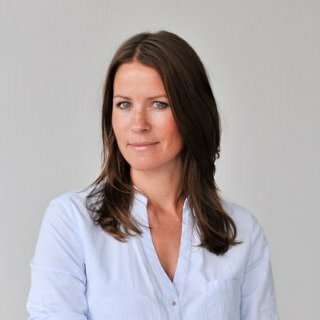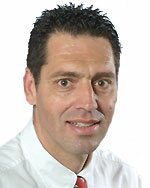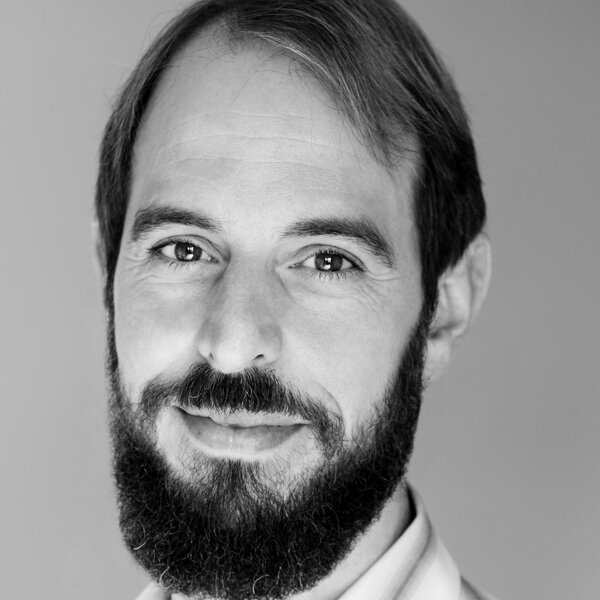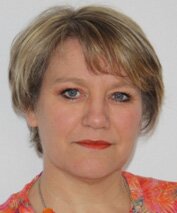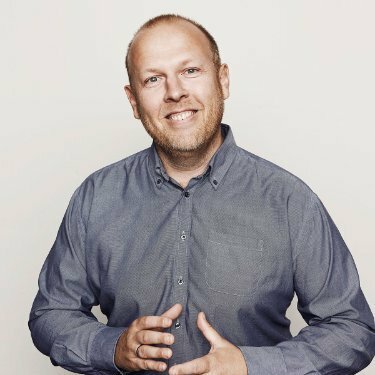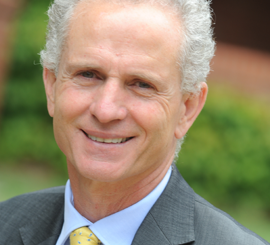Pre conference workshop sessions will be help on Tuesday June 28th, 2016 at the Centre des Congrès d’Angers before the opening ceremony of the ECPP Conference.
There will be 2 types of sessions:
- Full day session from 9:00 to 11:30 am and from 12:30 to 3:00 pm
- Half-day session from 9:00 to 11:30 am or from 12:30 to 3:00 pm
Here is the announced programme for the pre workshop sessions:
One day sessions: Tuesday 28th of June from 9:00 am to 11:30 am and from 12:30 pm to 3:00 pm (lunch not included)
Toolkit on strength-based development for individuals, relations and organizations
by Lisa Vivoll Straume and her team from MIND (Norway)
Rune Sagør, CEO Mind Ltd
Marit Album Kvernmo, MA Science in Counselling, MA Media Studies: Visual Culture / Executive coach
Karina Anderssen Aas, MA Science in Counselling / Executive coach
Bente Kristin Malmo, MA Knowledge management / Executive coach and strategic advisor
Learning outcomes: Participant will learn how to spot, develop and apply strengths, and how to design relational and organizational environments where a balanced strength-based approach can be developed and applied.
Structure: The workshop is organized with an introduction session, followed by sessions on practical and simulation trainings on strength based development at on an individual, relational or organizational level.
To read all details about the workshop,
Half-day sessions:
Tuesday 28th of June from 9:00 am to 11:30 am:
1 – Positive Education
by Ilona Boniwell (UK/France) & Charles Martin-Krumm (France)
This workshop will address the applications of recent positive psychology research to education. First of all, it will examine factors underlying the development of well-being and will introduce tools enabling the enhancement of well-being skills in primary school children via engaging games and activities. Secondly, it will focus on a series of strengths exercises using tangible pedagogical tools such as strengths cards.
The objectives of the workshop are as follow:
To develop an awareness and understanding of positive education tools and methods
To practice effective strategies in the building of mental well-being in primary school children
To understand how children’s strengths can be recognised and built via games and hands on activities
2 – Mindfulness Programs in Positive Psychology
by Dr Itai Ivtzan (UK)
Mindfulness meditation is one of the most popular interventions in psychology, the interest in which grows year after year. Positive psychology (PP) is the fastest developing branch of psychology, whose expanding journey of investigating human flourishing has attracted great interest. What happens when these two are brought together?
This workshop will inform you about the fascinating points of convergence between mindfulness and PP. We will explore various mindfulness programs focused on increasing positive variables, such as meaning, compassion, positive emotions, strengths, and gratitude. These programs are flourishing-focused, thereby embodying the spirit of PP. We will also examine how certain popular mindfulness programs are deficit-focused (aimed at decreasing mental illness), and consequently less relevant to the goals of PP interventions.
To read all details about the workshop,
3 – Développer l’épanouissement : les outils de psychologie positive à destination du psychologue clinicien
animé par Martine Regourd-Laizeau (France)
J’ai choisi de vous présenter plus de vingt outils comme l’anamnèse appréciative, des feuilles de travail pour déterminer les valeurs, du patient et cheminer vers le sens. La boussole du bien être (Britton & Shaar ,2011) que j’utilise quotidiennement vous sera présentée, ainsi que d’autres outils sur la gratitude, la reconnaissance, Lyubomirsky.
Depuis quelques années, Neff, (2013) a fait un travail scientifique passionnant sur l’auto-compassion, permettant de travailler sur les croyances. Les applications concrètes vous seront exposées.
D’autres outils permettant de stimuler la ténacité mentale, la résistance psychologique et la croissance post-traumatique (Dorotik-Nana, 2015) seront décrites.
Pour les sportifs de haut niveau, mais également dans la vie des personnes devant relever des challenges important, découvrir les vertus du courage et du Sisu (Lahti,2015) sont un plus. Les pistes pour développer son réseau relationnel (les 5 heures magiques, Gottman & Silver 1999) et la pratique de l’optimisme seront décrites. Enfin un outil pratique de développement des attitudes de Flow (fluidité) sera lui aussi présenté. Un manuel reprenant plus de 20 outils en psychologie positive sera offert aux participants de cette présentation.
Le séminaire est limité à 60 personnes et sera donné en langue française, toutefois le document présenté en workshop sera en vente traduit en langue anglaise.
Tuesday 28th of June from 12:30 pm to 3:00 pm:
1 – Prioritizing Positivity and Positive Spontaneous Thoughts: New Measures and Findings
by Barbara Fredrickson (USA)
This is a workshop for researchers and practitioners interested in expanding their toolkit for measuring individual differences related to the pursuit of wellbeing. Professor Barbara Fredrickson will share recent research she has conducted with each of two former doctoral students, Lahnna Catalino and Elise Rice, featuring the new concept of prioritizing positivity and new findings related to positive spontaneous thoughts. Attendees will be exposed to recently validated brief self-report measures of each and will learn about their behavioral and mental health correlates.
2 – Coaching: Tangible tools: Hands-on activities for positive psychology coaching, training, teaching and facilitation
by Ilona Boniwell 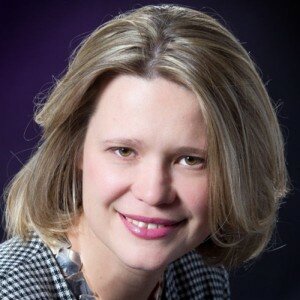 (UK/France) & Mads Bab (Denmark).
(UK/France) & Mads Bab (Denmark).
Most of research within the field of positive psychology deals with the “what”. It is mainly interested in how the “what” can help us to increase well-being and other aspects of positive functioning among children, adults, organisations and society. This workshop deals with the “how” and invites participants to explore novel ways to engage people in different aspects of positive psychology.
« Thinkering’ is a word coined by Michael Ondaatje in his novel The English Patient. It expresses the creation and understanding of concepts in the mind while tinkering with the hands. When we physically engage with things, especially with our hands, we generate a great variety of sensory images. These sensory images help us understand our immediate realty and serve us in our personal and shared meaning making. The proposed workshop will let you try out methods of “Positive Thinkering” where by experimenting with tangible items like LEGO, strengths cards, HEX cards and a range of other tools you would achieve a vivid and memorable experience and understanding of topics like character strengths, resilience and shared goals.
Whether you work as a coach, teacher, facilitator or consultan, be it with children, adolescents or adults, the workshop will offer you many ideas to help create a more experience based approach to exploring positive psychology.
3 – Positive Education in Geelong Grammar School
by Charlie Scudamore (Australia)
Introduction to Positive Education
Bringing the science of Positive Psychology to the classroom
Based on the science and proven methods of Positive Psychology, the Positive Education movement is transforming staff and student wellbeing in schools across Australia and around the world. Could your school, staff and students also benefit for placing wellbeing at the heart of the curriculum? This pre-conference workshop gives an overview of Positive Education and its benefits in the school curriculum. Presented by Charlie Scudamore from Geelong Grammar School’s Institute of Positive Education – who have implemented a whole-school approach to Positive Education as well as trained thousands of educators worldwide – the workshop will cover Geelong Grammar School’s journey so far and the research that guides and underpins teaching practice.
Participants will gain an understanding of:
- the science of Positive Psychology
- the benefits of and evidence for Positive Education programmes
- the key elements of wellbeing within the GGS Model for Positive Education
To read all details about the workshop,

